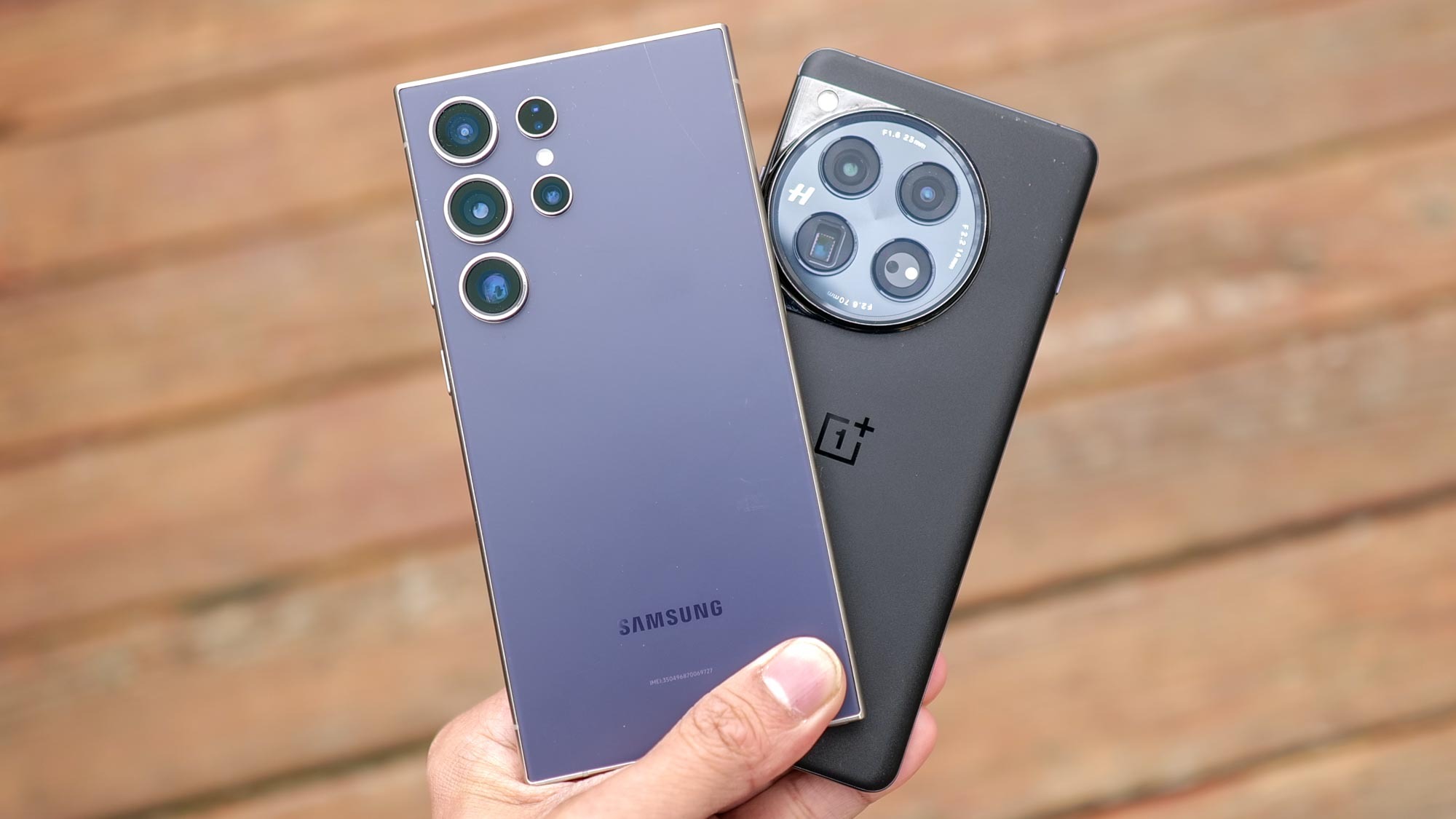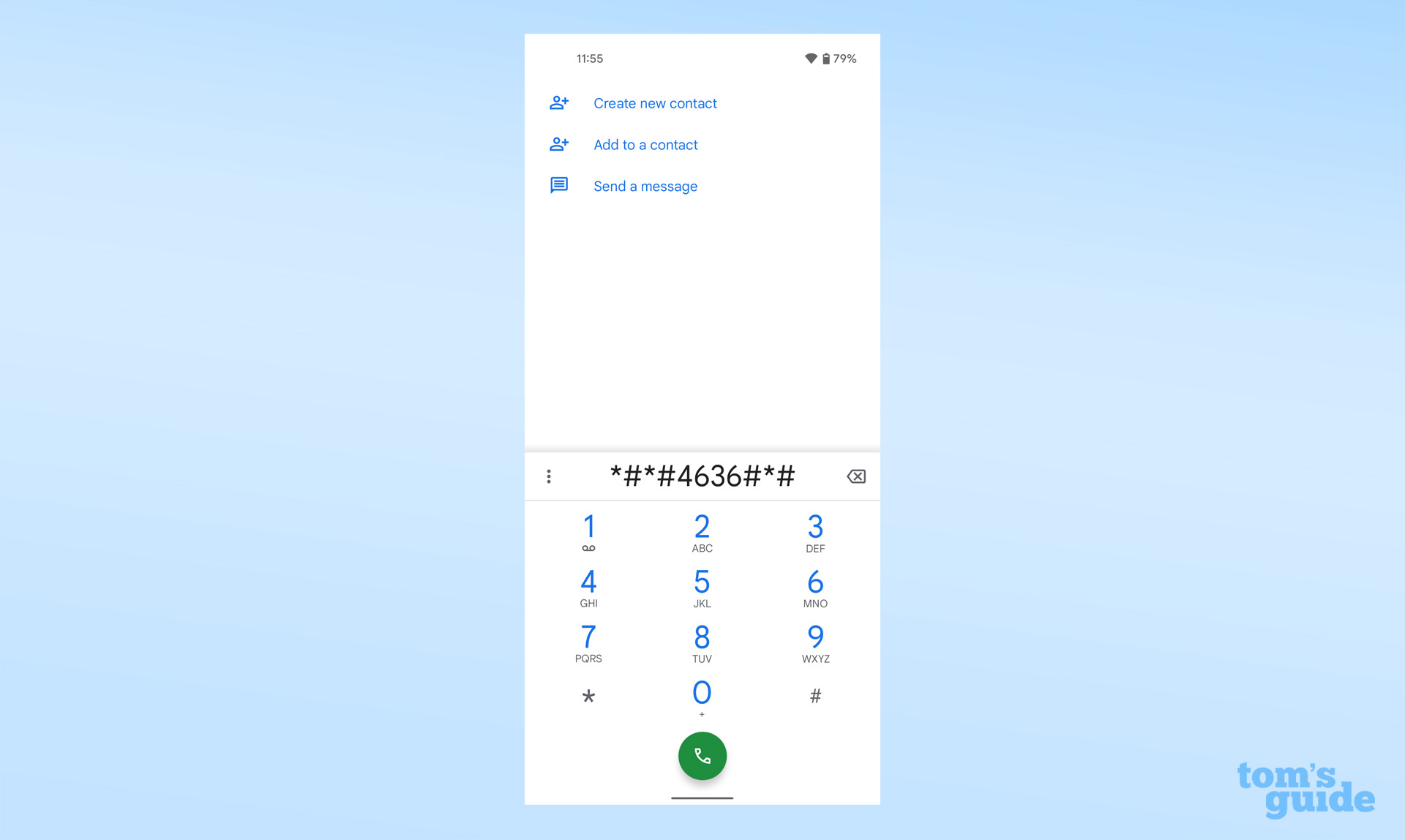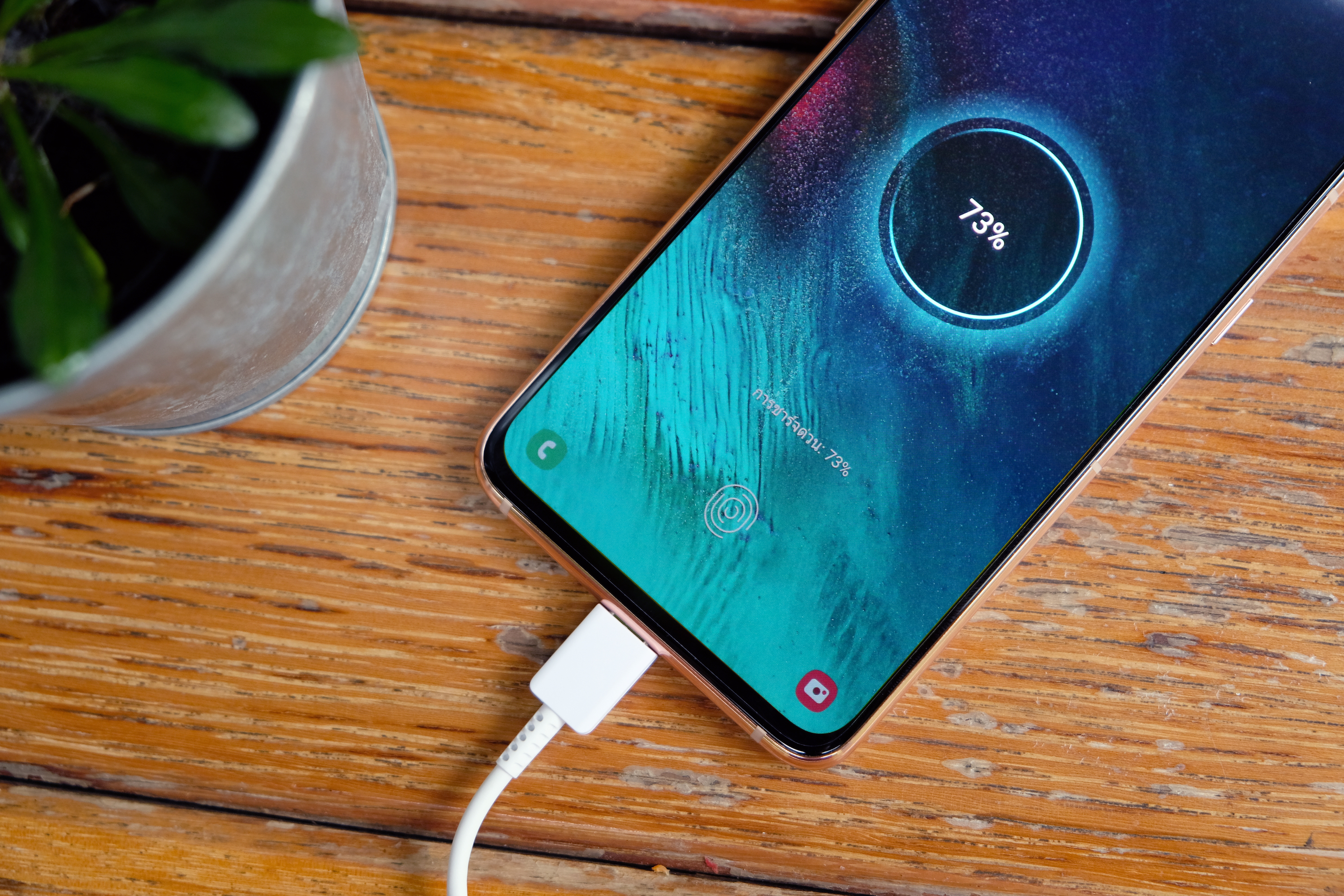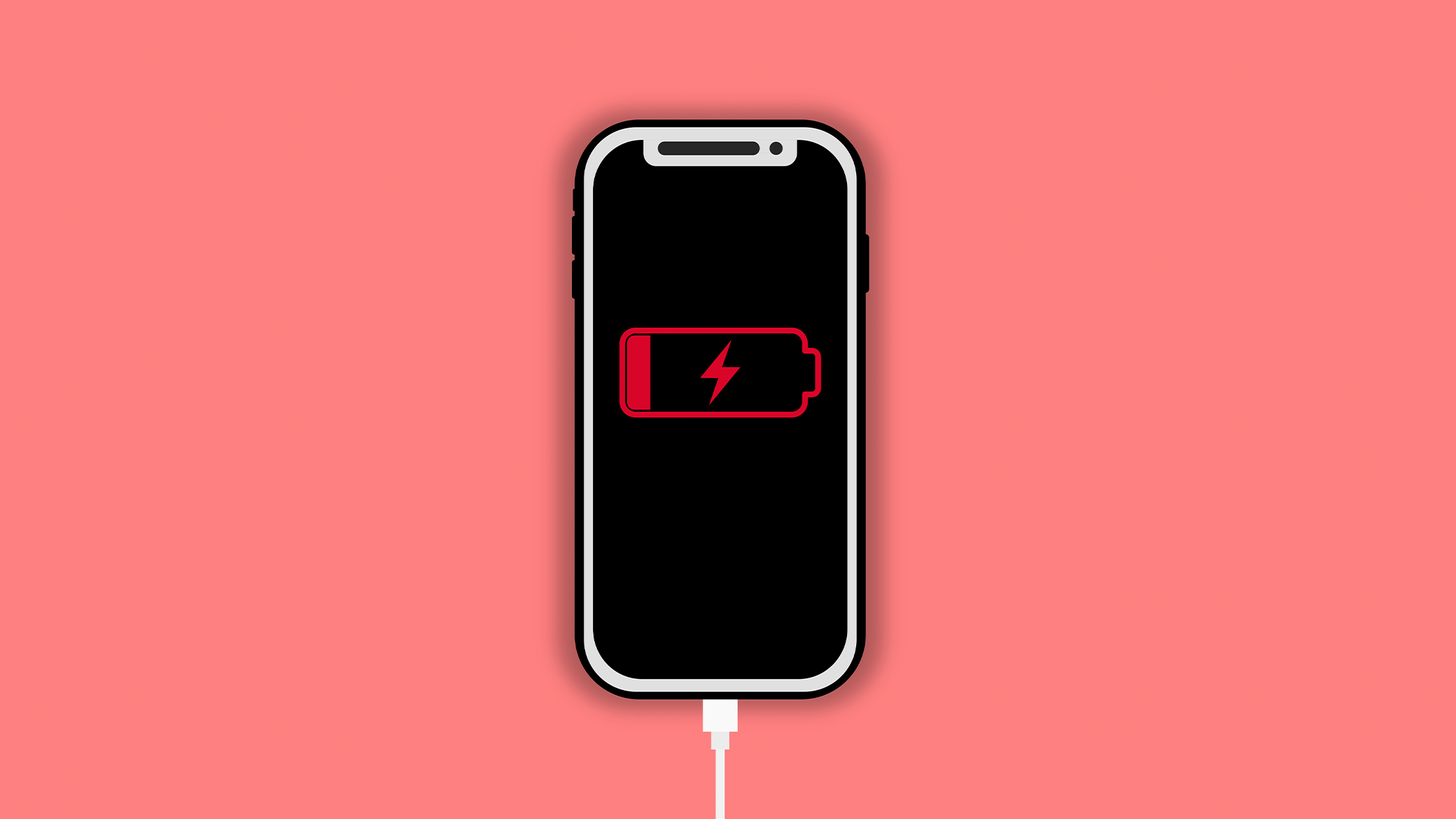I was a phone engineer and here are the best tips to keep your Android phone battery healthy
Charging a day won't keep the doctor at bay

Here at Tom’s Guide our expert editors are committed to bringing you the best news, reviews and guides to help you stay informed and ahead of the curve!
You are now subscribed
Your newsletter sign-up was successful
Want to add more newsletters?

Daily (Mon-Sun)
Tom's Guide Daily
Sign up to get the latest updates on all of your favorite content! From cutting-edge tech news and the hottest streaming buzz to unbeatable deals on the best products and in-depth reviews, we’ve got you covered.

Weekly on Thursday
Tom's AI Guide
Be AI savvy with your weekly newsletter summing up all the biggest AI news you need to know. Plus, analysis from our AI editor and tips on how to use the latest AI tools!

Weekly on Friday
Tom's iGuide
Unlock the vast world of Apple news straight to your inbox. With coverage on everything from exciting product launches to essential software updates, this is your go-to source for the latest updates on all the best Apple content.

Weekly on Monday
Tom's Streaming Guide
Our weekly newsletter is expertly crafted to immerse you in the world of streaming. Stay updated on the latest releases and our top recommendations across your favorite streaming platforms.
Join the club
Get full access to premium articles, exclusive features and a growing list of member rewards.
When you buy one of the best Android phones you need to know how to keep it running, especially with how expensive phones are getting. Part of this is making sure you keep your battery healthy.
Your phone's battery is easily one of the most important pieces of the device, and it's also the one that is destined to fail. The fact is that batteries won't last forever and they will eventually die. However, there are steps you can take to help keep your Android phone's battery running for as long as possible.
I used to work in a Samsung Repair center as an engineer, and I have seen some of the strangest battery situations you can imagine (including one that started a small fire). Over that time I learned that caring for your battery is pretty simple and these steps will help you to keep your phone running for as long as possible.
Check your battery health

The first thing to do is understand how to check your battery's health to diagnose any issues. There are a couple of different methods to do this but the simplest is to simply head into the settings menu, and then go to the battery tab and then look for the Battery Usage sub-heading. This will allow you to check how your battery is being used and how quickly it is draining power.
Alternatively, you can use one of the phone codes, in this case dialing *#*#4636#*#* which will open up a diagnostic menu. This method works for a lot of Android devices, but Samsung phones prefer you use the Samsung Members app, which is installed by default on your device. Alternatively, several apps can read the battery for you, such as AccuBattery by Digibites (pictured below), CPU-Z by CPUID, and Battery by MacroPinch.
Now, it's worth noting that batteries will always degrade over time, and even new phones are rarely at 100%. Ideally, we want the device to be over 80%. If you're at anything lower it's time to consider getting a new battery. However, while batteries do naturally decay there are several things we can do to maintain them.

Use adaptive charging
When we charge our phones there's an inclination to always charge to 100% and then let the battery completely drain. However, I'd recommend holding off on that. The reason is simple: devices have a set number of charging cycles that indicate how often you can go from 0% to 100%. The more you keep your phone topped up above 20%, the longer those cycles will last.
Get instant access to breaking news, the hottest reviews, great deals and helpful tips.
It's also important to note that charging your phone to 100% and keeping it there causes wear due to the frequent high voltage. That's why most devices come with adaptive charging, which delays charging the phone to 100% until you need it. Google is also working on releasing a battery charging limit that keeps your phone at 80% for Android 15, which will massively help to keep the battery healthy for longer.
One final note on charging. Keep an eye on the kind of charger you use and their wattage. For instance, the Galaxy S24 can use a 25-watt charger for normal charging, or a 45-watt charger for fast charging. The best advice is to stick with the official charger for the phone and keep to the set wattage to avoid damaging the battery.

Beware parasitic loads and extreme temperatures
We're all pretty connected to our smartphones, so waiting for them to fully charge can be a real pain. While there might be some temptation to use the phone as it chargers I'd recommend doing so sparingly. The reason is something called a parasitic load, which is when your battery is being drained as it charges. This can add stress to the battery, and affect the overall health.
Another thing to note is that you need to keep your phone out of extreme temperatures. Batteries are designed to function best at room temperature and will drain much faster in extreme temperatures. For the majority of people, this won't be a concern, but if you're in much colder climates it would be worth investing in a case that offers insulation.
Meanwhile, in hotter climates, it's worth making sure you keep your phone from overheating. Also, if you notice that the area around the charging port is getting hot while it charges take it off the charge as soon as possible.
Finally, the best way to protect your battery is to minimize the amount of time between charges. There are several ways to do this, For instance, you can try using the battery-saver feature on your device and keep the screen brightness low, which will also help to minimize the chance of screen burn. It's also worth turning off any location services, as well as background apps to help keep your battery level high.
Your battery is safe, now what?

Hopefully, this guide has shown you some important tips to keep your battery healthy for longer. However, when the time comes to finally change the battery you must use a registered repair company and official batteries. Cheaper batteries don't tend to sit in the device properly and also heat up much faster, which can damage the device.
If you think that you might have been given a dodgy battery then one thing you can run the battery check mentioned before or check the battery life. One of the best ways to do this is to see if we have a review for the phone, as we show the results of our battery tests, and then see if you get the same result. You can also see our method in how we test phones, which breaks down how all our tests work.
Looking after a phone isn't hard, but it's worth getting all the information to make sure you're doing everything right. For more information on looking after a phone check out our tips and tricks for protecting a new phone, which should help you to make sure your new device lasts for as long as possible.
More from Tom's Guide
- 12 tips to save battery life on your iPhone
- I review phones for a living — and this is the best Android phone of 2023
- iPhone vs. Android: Which is better for you?

Josh is a staff writer for Tom's Guide and is based in the UK. He has worked for several publications but now works primarily on mobile phones. Outside of phones, he has a passion for video games, novels, and Warhammer.
 Club Benefits
Club Benefits










